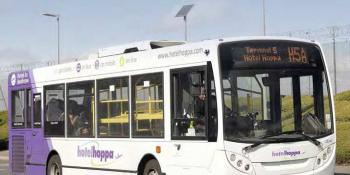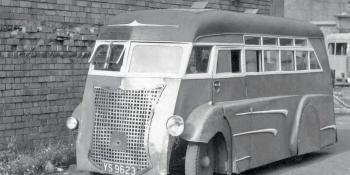The 1980s brought a revolution in the regulation and ownership of the bus industry, with the end of state-ownership, the beginning of the end of most local authority ownership and the encouragement of competition for passengers
The election of a Conservative government in May 1979, with Margaret Thatcher as prime minister, marked the beginning of the end of half a century of relative stability for the British bus industry, an era of political consensus when services were tightly regulated, and the operating industry was brought increasingly into public ownership.
Privatisation and deregulation were the objectives of the new administration across many aspects of daily life, as it sold nationalised and state-owned industries to the private sector and encouraged competition to drive down prices. The Transport Acts of 1980 and 1985, and separate legislation for London in 1984, upended the way that buses and coaches were operated and by whom they were operated.
The 1980 Act abolished road service licensing for express services on which passengers travelled for at least 30miles and for excursions and tours. It also ended licensing of conductors, a form of employment that was already in apparently termina…




